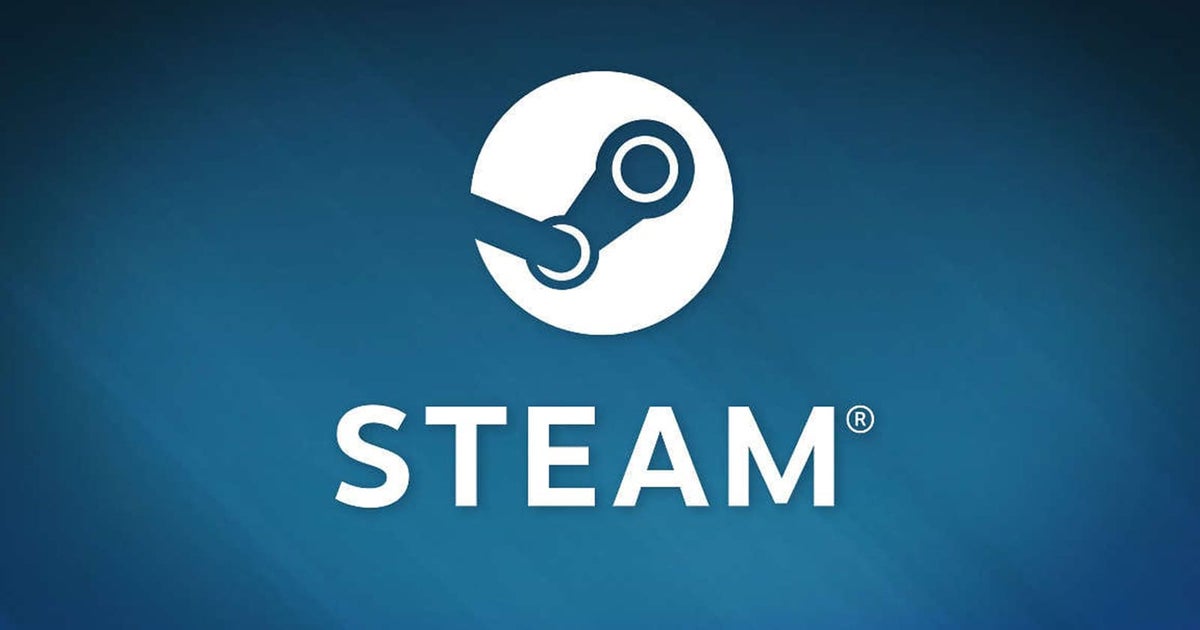I think the argument is they are the de facto monopoly. Competition isn't the same for digital content versus retail. Developers don't sell game stock to the different stores for them to sell on, so there's no real pricing competition. Epic dropped their fees for devs, but the devs didn't choose to lower their prices so that consumers would want to buy from Epic instead of Valve; they just kept the higher profits per title. Given no reason for consumers to change seller when they all sell for the same price, Steam will end up the main store by a huge margin. It's so big even publishers capable of operating their own stores without a 30% cut are still selling on Steam.
Additionally to that, there are certain potential anticompetition policies like not being allowed to sell cheaper on other stores. I don't know how valid these are.
Regardless, 30% of everything sold on platforms with hundreds of millions or billions of users and crazy profits certainly seems excessive, and without a market-force capable of driving that down, the only way it'll ever change is state regulation.

